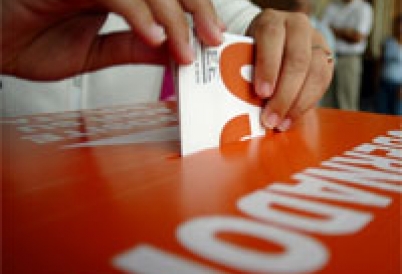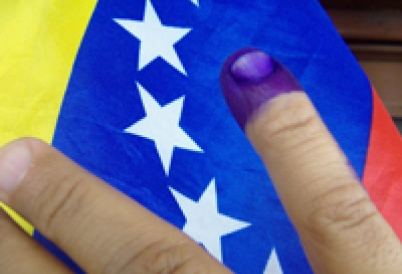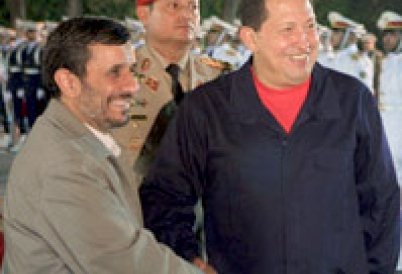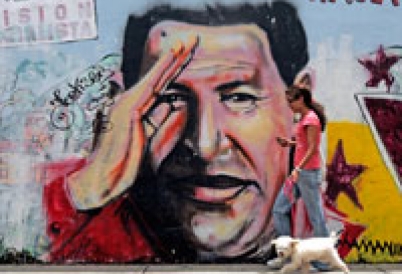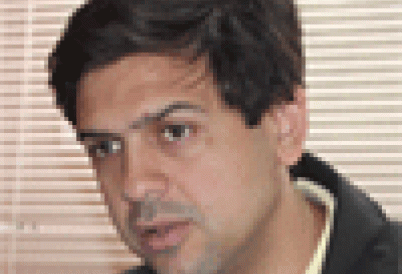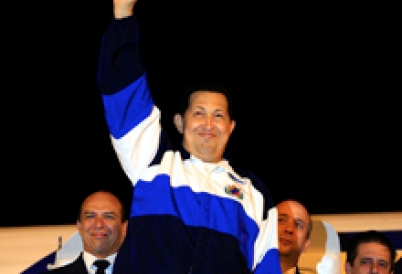AS/COA previews major events and key players in the coming year. Crucial elections are taking place in the Americas in 2012, as well as important global summits.
Massive new hydrocarbon finds and increased production have seen Latin America become a major energy frontier. Regulations have proved essential in attracting investment and managing profits.
In February, the opposition will choose its candidate to compete against President Hugo Chávez in the October 2012 presidential election. AS/COA looks at the candidates and some of the top issues.
"The nature of the relationship between the Iranian and Venezuelan autocrats undoubtedly warrants further inspection and close observation," write AS/COA's Christopher Sabatini and Ryan Berger in an op-ed for CNN Global Public Square.
Opposition candidates and leaders signed a pact September 26 to support the candidate who wins Venezuela’s February presidential primary. The victor is slated to face President Hugo Chávez in the October 2012 election.
El alcalde presenta cómo está enfrentando los desafíos en su municipalidad y responde preguntas sobre la campaña para las elecciones presidenciales de 2012 en Venezuela.
President Hugo Chávez’s announcement he was being treated for cancer has raised questions about Venezuela’s capacity to transition after 12 years under a strongly vertical political power structure.







